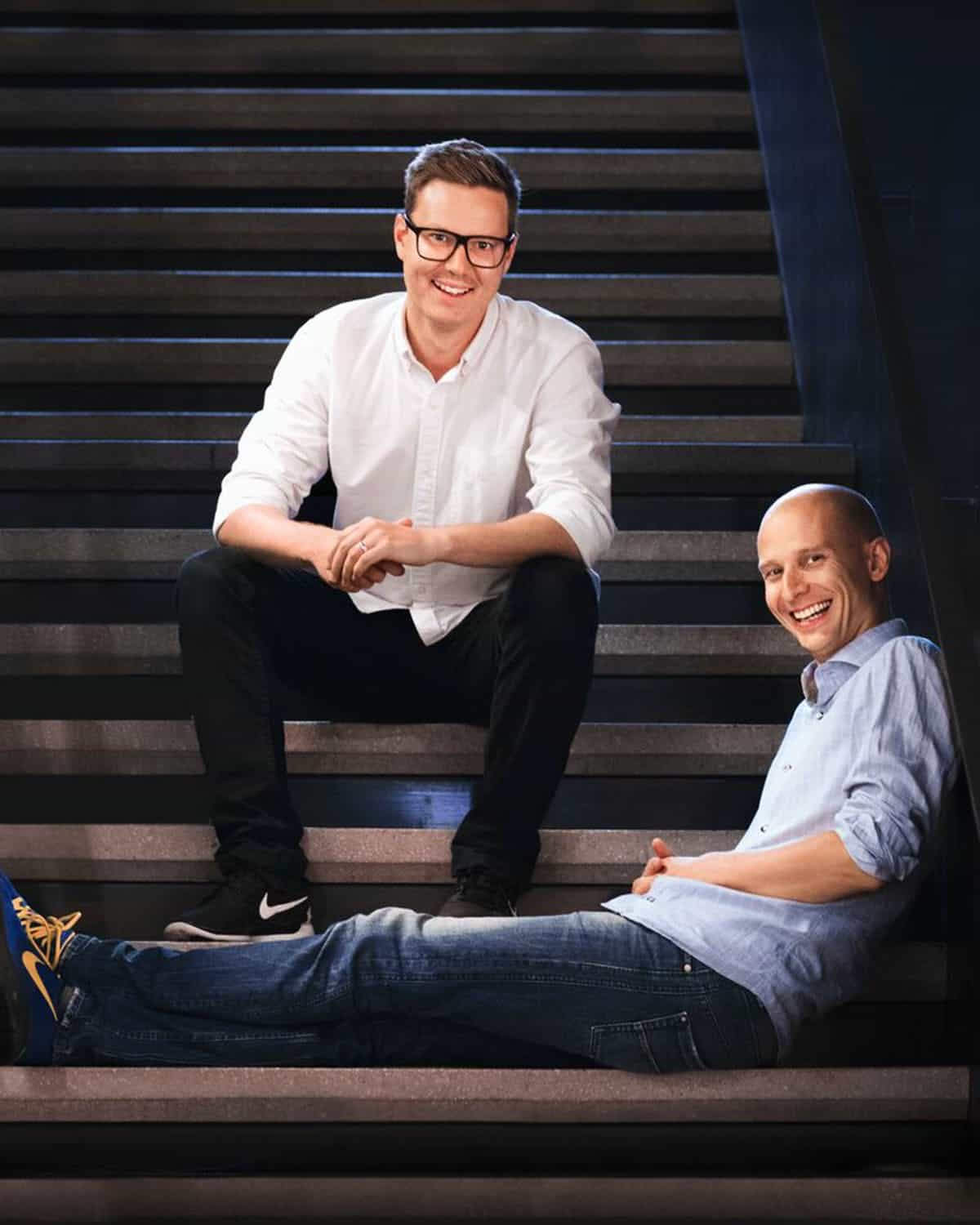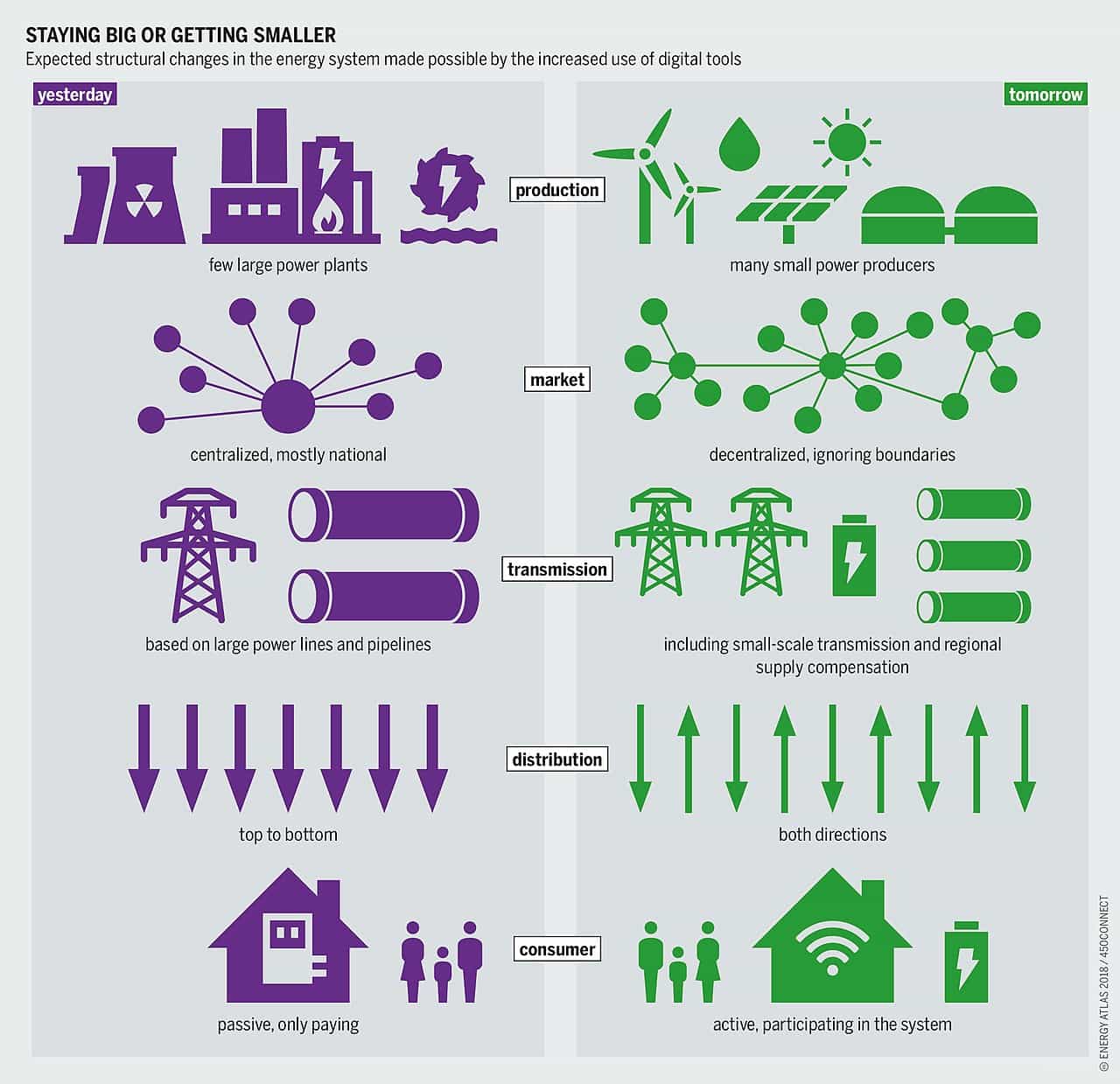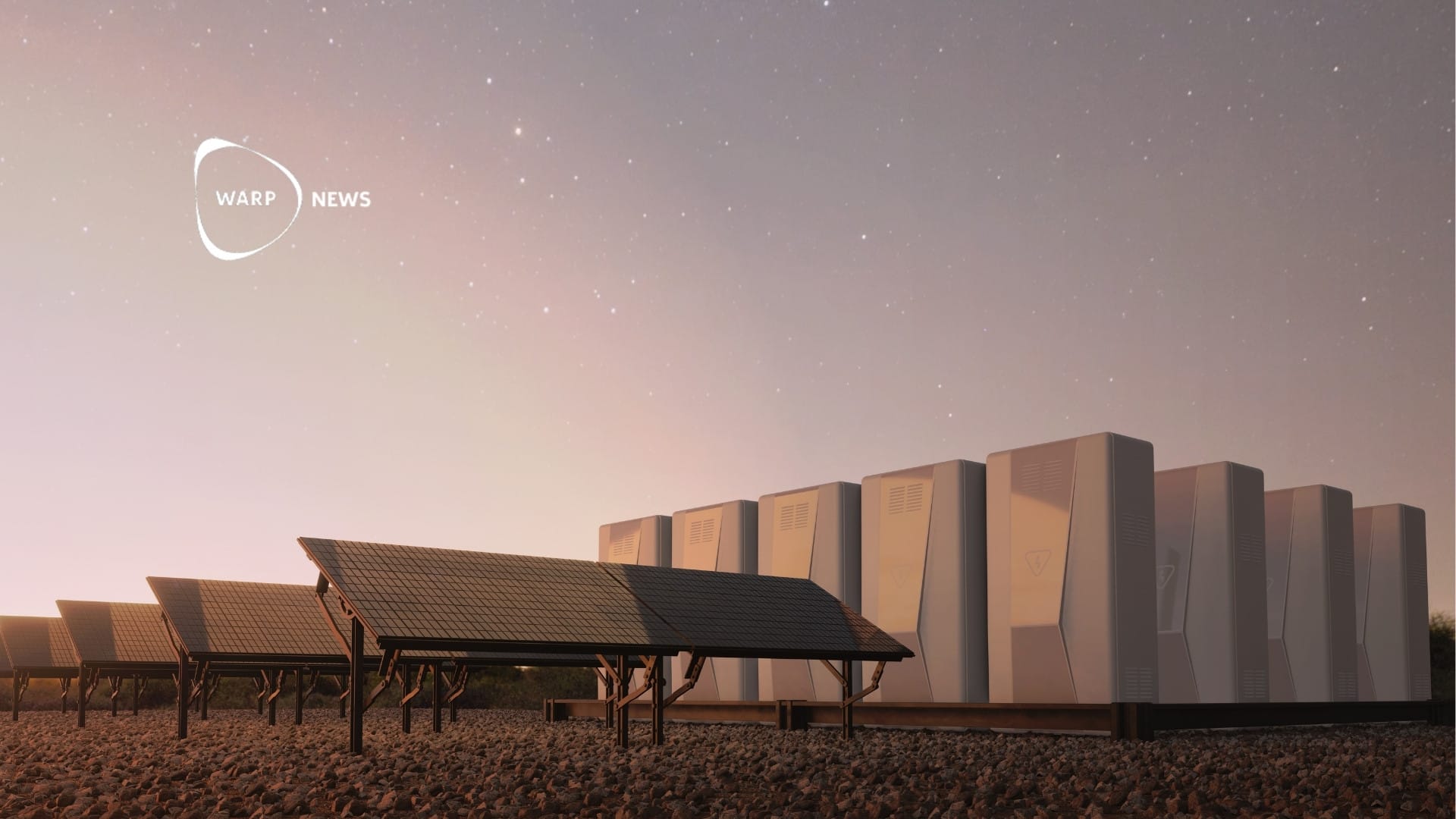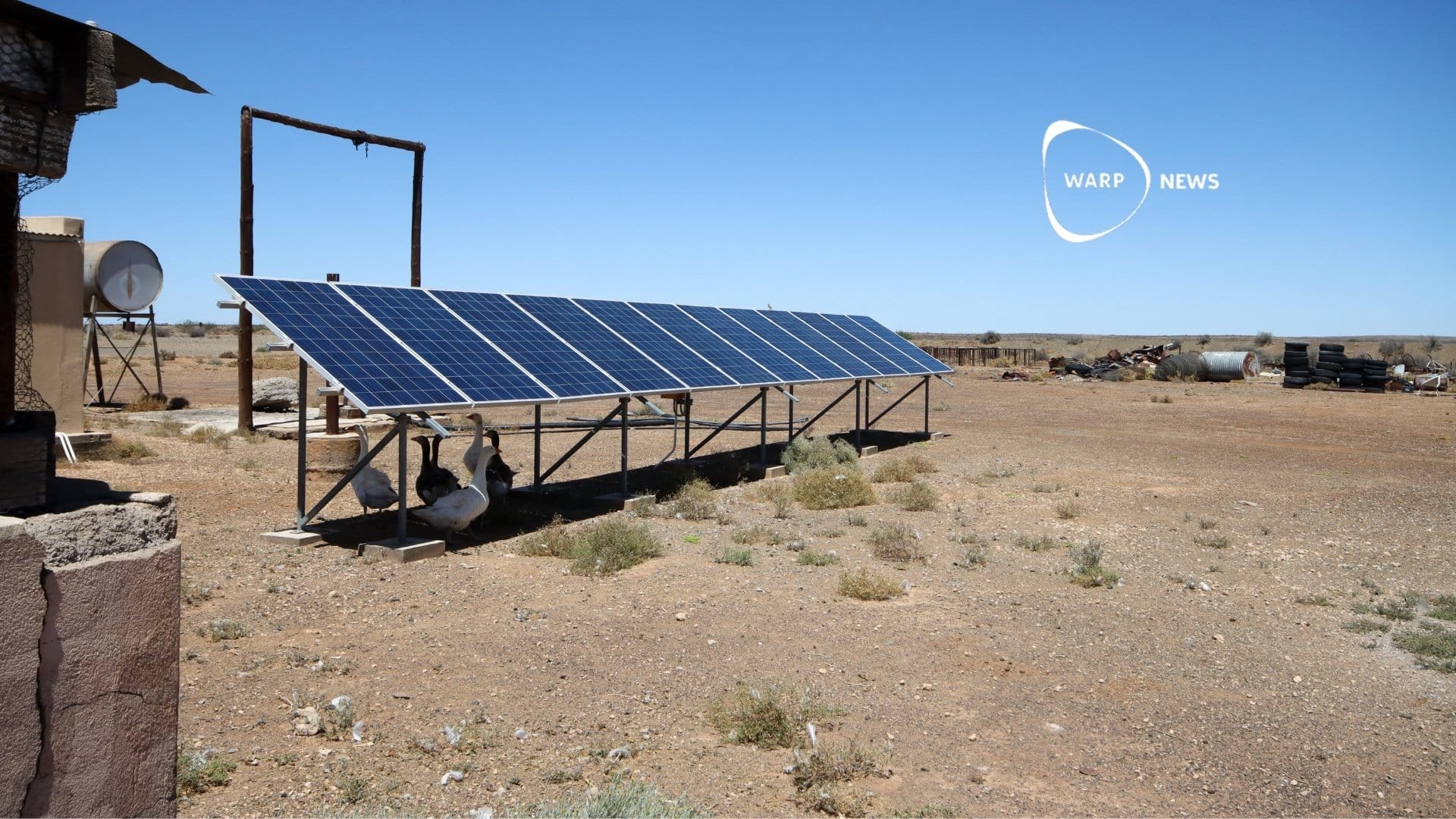
🦖 Dinosaur Down: Brace for impact when the energy sector transforms
Tougher environmental policies and technological innovation put the energy sector in a profound disruptive shock. The old utilities, the dinosaurs, have to struggle to survive while limber, fast-evolving companies gain ground.
Share this story!
"These old dinosaurs in the energy sector do not have the best customer interest on their agenda. Why hasn't anybody done the opposite of what they do?"
Daniel Lindén and Edgeir Vårdal Aksnes, both working in the software industry at the time, noticed that everyone was talking about innovation and smart solutions, but did they really walk the talk?
In sectors like banking and retail, they saw innovation and transformation on a colossal scale. But the energy companies? No. There was no urgency for these dinosaurs.
So, after having that conversation over a couple of beers in Helsinki, they went back home and told their wives that they were quitting their jobs to start an energy company. They named it Tibber, which derives from Latin Tibis and means for you.
The race to the bottom
It doesn't only apply to energy companies. No matter what company you start, timing is crucial. More rigid environmental policies and technological innovation, including the falling costs of renewables and energy storage, put the energy sector in a profound disruptive shock.
Daniel Lindén and Edgeir Vårdal Aksnes figured that the moment was ripe to disrupt the old utilities, the dinosaurs, that now have to struggle to survive while limber, fast-evolving companies can gain ground. A decade ago, going up against the dinosaurs was pretty much mission impossible.
Now, tougher environmental policies and regulatory reform had changed the landscape profoundly. These changes are most apparent in Australia and parts of North America and the EU, where once-powerful, primarily fossil-based utility companies, are struggling or restructuring to survive.
Investments in renewables are accelerating at blazing speeds. The UN report "Global Trends in Renewable Energy Investment 2019" states:
"Looking across 2010-2019, the trend of heavy investment becomes even clearer. The report estimates that a total of $2.6 trillion will have been invested in renewable capacity (excluding large hydro) over that period. This corresponds to an estimated 1.2 terawatts of new renewable energy capacity over this decade, more than the entire electricity generating fleet of the U.S. today, and roughly quadrupling the figure of global renewables capacity commissioned at the end of 2009."
A decade ago, going up against the dinosaurs was pretty much mission impossible.
At the same time, CO2 emissions are punished, not least in the EU through the Emissions Trading System, ETS. It's a race to the bottom, towards zero emissions, where the timing is right for newly evolved and agile energy companies to gain market shares fast and leave old, emission heavy utilities in the fossil dust.

From top-down to all around
Traditional power systems have been designed for centralized coal, gas, hydro, or nuclear power. It's top-down. The production can easily be switched on and off to make sure supply meets demand, and it's a one-way street. Energy is produced in a few places and distributed to many, like a pyramid.
This gets a lot more complicated when renewables are involved, as, to no surprise, the sun doesn't always shine, and the wind doesn't always blow. We now see massive innovation in energy storage and digital technology that aims to evolve the system and adapt it to renewable energy. But we also see that the big traditional utilities are failing to keep pace. This leaves new actors with an opportunity to provide new technologies and business models.
It's a race to the bottom, towards zero emissions, where the timing is right for newly evolved and agile energy companies to gain market shares fast and leave old, emission heavy utilities in the fossil dust.
Distributed production, like thousands of solar panels on suburban roofs, coupled with smart digitalized grids and home storage units (which could be the battery in your EV), creates the foundation of a new mesh-like energy grid. We go from top-down to all around. You are no longer only a consumer of energy; you are also a producer. Millions of sensors provide data to machine learning algorithms that adjust supply with demand. The grid optimizes itself in real-time. It's smart.
This also democratizes the energy sector. The pyramid is flattened and stretched out to a mesh crossing national borders, and possibly continents.

The largest energy company will be digital
This transformation, renewables coupled with smart grids, will have a massive impact on the energy sector. Only the dinosaurs that adapt will survive. The rest will go down.
It's in this new energy system a company like Tibber makes sense. A system where production is being taken over by consumers, and where supply doesn't meet demand by merely turning on a lever to get a turbine going. Instead, supply meets demand through an increasingly complex and digitalized system that is super efficient and super optimized to fit consumers' and producers' needs.
This also democratizes the energy sector. The pyramid is flattened and stretched out to a mesh crossing national borders, and possibly continents.
In the not too distant future, the largest energy company in the Nordics will be digital. This company will have customers all around Europe, and maybe even on other continents. The energy sector will see brand new business models emerge, which will scale to 10 million customers and beyond.
From being used to just plugin our devices in two holes in the wall, we will also become energy aware. As both consumers and producers in this democratized system, we will be mindful of how it works. The grid will become smarter, but also us. Only the dinosaurs will be left behind.
🥳️ This article is produced by Warp News in partnership with Tibber.
❤️ Our partners make it possible for Warp News to spread fact-based optimistic news to thousands of new readers. In return, they have the possibility to spread their message to you as a reader through Partner Content.
❓ Want to know more? Contact us.
By becoming a premium supporter, you help in the creation and sharing of fact-based optimistic news all over the world.


